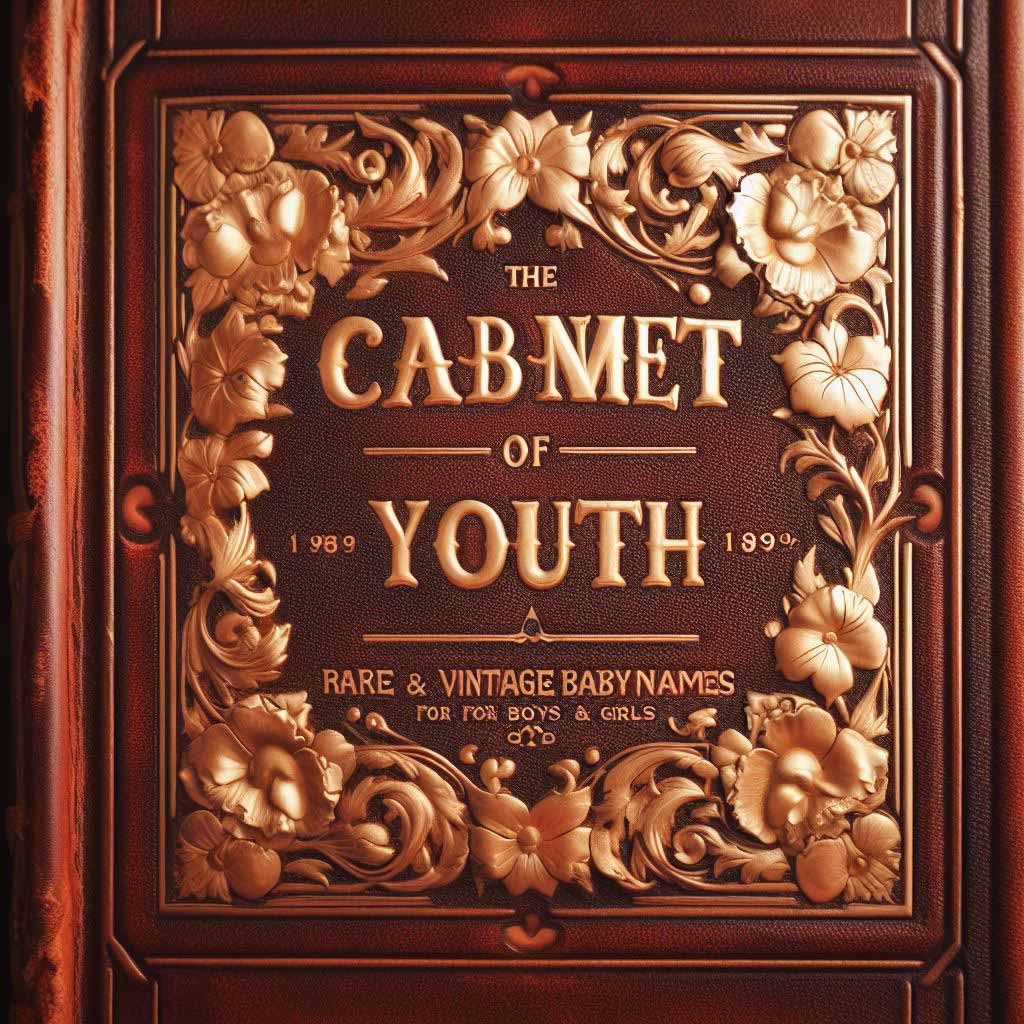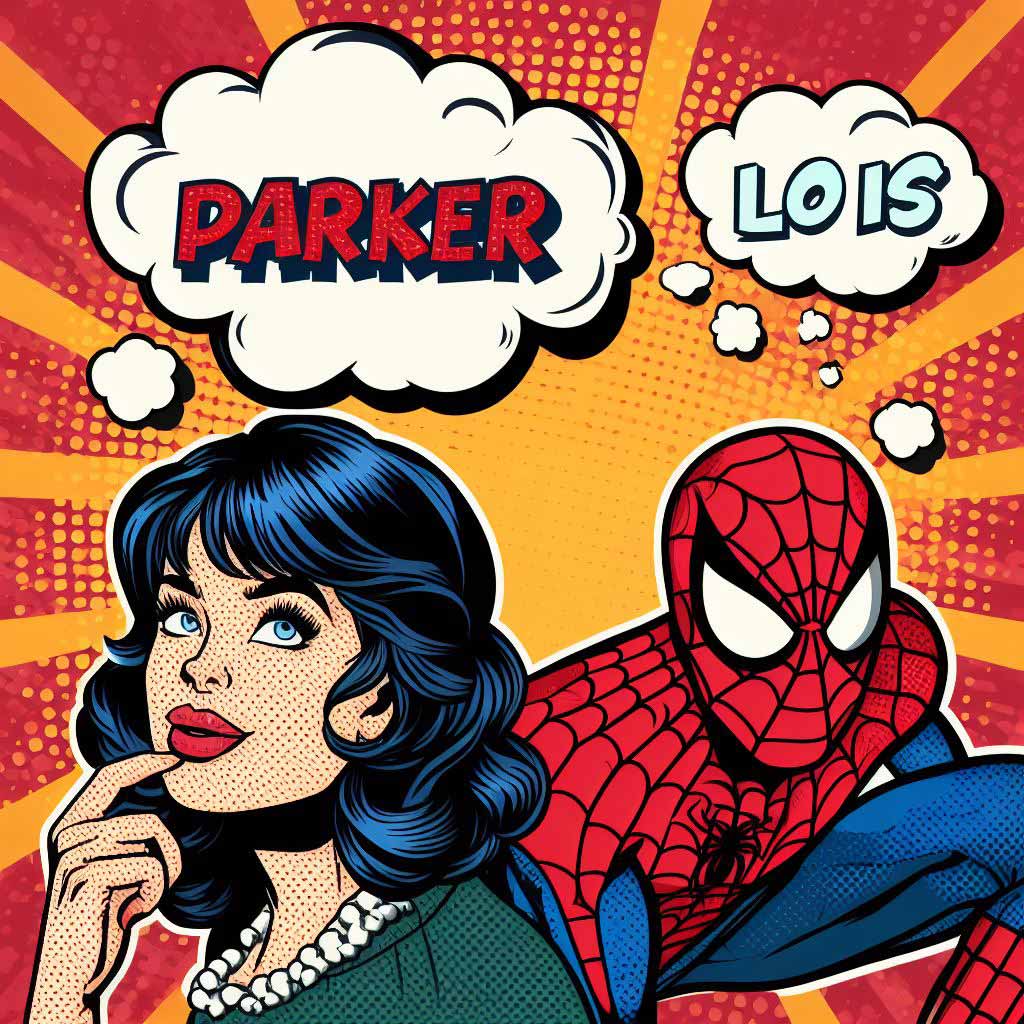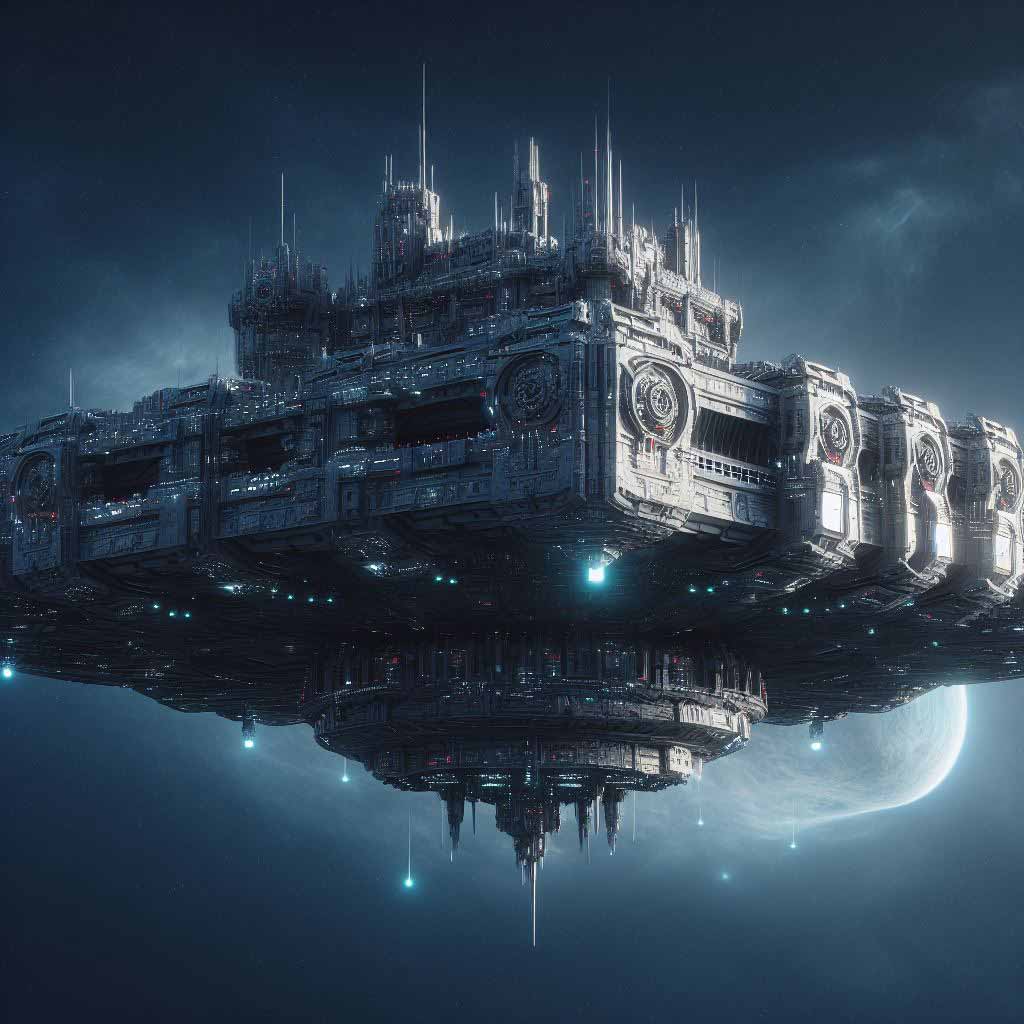Coming up with the perfect character name is an art. The names screenwriters bestow on their characters can invoke certain impressions, set the story in a time and place, convey hidden meanings, and stick in the audience’s memory long after the credits roll.
So how do writers who specialize in crafting screen stories devise the names that become so integral to cinema and television? Here we dive into the myriad ways professional screenwriters source, derive, and invent names for their on-screen creations.
The Importance of Choosing the Right Character Names
“What’s in a name?” Shakespeare wrote in Romeo and Juliet. Well, when it comes to characters, their names can be one of the most defining aspects. The right character name can:
- Help bring a character to life and evoke certain qualities in the audience’s imagination. A soft, lilting name might portray innocence, while a harsh-sounding one may conjure images of a villain.
- Give hints about a character’s origins, ethnicity, or background. Surnames can indicate nationality.
- Set the story in a particular time period. Contemporary names establish a modern setting, while old-fashioned ones transport us to the past.

- Reflect archetypes and symbolic meaning. Heroes tend to have strong, commanding names.
- Create an emotional impact through associations. Names that evoke positive or negative feelings.
- Establish memorable brand identities. Iconic character names live on in popular culture.
So clearly, screenwriters have to think carefully about the names they give their characters. When a writer comes up with the perfect name that fits the character like a glove, it brings satisfaction to both the creator and the audience.
Now let’s explore some of the most common ways writers arrive at these all-important character names.
Researching the Meaning and Origins of Names
Many screenwriters start their naming process by researching what existing names mean and where they come from. In many cases, finding a name that reflects a character’s personality, background, or role in the story can provide hints without being too on the nose.
For example, Marvel’s Loki is a complex character who is cunning yet conflicted. His name ties back to the Norse god of mischief, perfectly encapsulating the essence of his troubled character.

Writers may pore over baby name books or scour online databases that list names by meaning. Perhaps one name jumps out as a fit for the stubborn heroine, while another calls to mind the eccentric scientist character. This kind of background research into the roots and implications of names can aid screenwriters in drilling down to the perfect choice.
Looking to Different Cultures
In order to reflect diversity in their stories, screenwriters also look to names and naming traditions from a variety of ethnic backgrounds. A writer may pick Hawaiian names for characters in a story set in Hawaii, or choose traditional Arabic or Indian names to represent those cultures.
The current push for increased representation and cultural authenticity in media has likely made writers more meticulous about choosing culturally appropriate names for the characters who will embody those backgrounds and experiences on screen.

Spanish names like Juanita or Alejandro instantly situate characters in their cultural context and add vibrant representation to the story. Of course, screenwriters should aim to avoid stereotypes and do their due diligence when selecting names outside of their own culture.
Considering Popular Names from the Time Period
When crafting period pieces and stories set in bygone eras, screenwriters have to consider the popularity of names during the specific time the story takes place.
For a story set in the 1950s, female characters may be given names like Barbara, Carol, Nancy, or Betty—all top names for baby girls in that decade. Similarly, male protagonists in a World War II drama should have names common in the first half of the 1900s, such as James, William, Charles, or Joseph.

By researching popular baby names by decade, writers choose names that immediately transport audiences to the relevant era. The name alone sets the stage and creates an authentic period that feels crucial for historical dramas.
Using Alliterative or Descriptive Names
Alliteration can make character names more memorable and catchy. Severus Snape, Peter Parker, Lois Lane, and Pepper Potts are great examples. These repetitive sounds subconsciously grab the audience’s attention.
Sometimes writers take this technique further by making names descriptively embody a character’s most distinctive traits. Examples include Minnie Mouse, Donald Duck, and Olive Oyl.

While subtle alliteration can work well, overtly descriptive character names risk coming across as one-dimensional and on the nose when overused. But strategically employed, this technique helps sear the name into viewers’ brains and primes them to notice the qualities emphasized in the name.
Drawing Inspiration from Real Life
Friends, family, acquaintances…screenwriters often borrow names of actual people in their lives to create a sense of familiarity and realism. Quentin Tarantino has said several of his characters were named after people he knew from working at a video store.
Other writers find inspiration from the names of celebrities, athletes, or historical figures. Fictional coach Herman Boone from Remember the Titans shares a surname with a real high school football coach. Meanwhile, Zelda from Pet Sematary got her creepy name from occultist Zelda Fitzgerald.
By selecting names already loaded with associations for viewers, screenwriters piggyback off the impressions already tied to them. This lends an odd but fitting sense of verisimilitude in the audience’s mind.
Putting a Spin on Familiar Names
One common tactic for character naming is putting a fresh spin on established names. Screenwriters may tweak the spelling – Ashley becomes Ashleigh, Catherine turns into Kathryn. Dropping or adding a letter gives known names a novel twist.
Writers also turn typically male names feminine by adding an ‘a’ or an ‘e’ sound – such as Max becoming Maxine. Or they might feminize surnames, like how James Bond creator Ian Fleming turned a family name into the seductive first name Pussy Galore.
Adding an unexpected middle initial also differentiates common names, like Harry S. Truman. Writers use small modifications like these to lend a bit of uniqueness and personality to their characters’ names.
Turning Surnames into First Names
Speaking of surnames, a go-to approach for screenwriters is flipping last names to function as distinctive first names. Writers introduce some novelty by promoting a surname to the prominent first-name position.
For example, Bruce Lee was actually born Lee Jun-fan but adopted Bruce as his first name. Likewise, Kim Novak was initially Marilyn or Marilyna Novak, until she chose her more memorable moniker.
Using surnames as first names can also establish cultural heritage based on name origins. Italian surnames like Moretti, Greco or De Luca make for evocative character names that indicate ethnic roots. So this tactic allows screenwriters to hint at a character’s background.
Crafting Totally Original Made-Up Names
For characters and stories set in fictional worlds, screenwriters often devise names completely from scratch. Sci-fi, fantasy, and superhero storylines lend themselves well to inventing creative, unique monikers.
Think of character names like Gandalf, Katniss, and Darth Vader – these fabricated names help transport audiences to the otherworldly settings where the stories take place. The names encapsulate the exotic, futuristic tone.

When crafting original names, screenwriters consider elements like:
- Hard vs soft sounds
- Length – short vs long
- Use of prefixes/suffixes
- Combining words
- Mixing vowels and consonants
By playing around with different name elements, sci-fi writers like George Lucas and J.R.R. Tolkien birthed some of the most iconic character names in cinema history.
Utilizing Name Generators and Databases
Finally, the internet offers a treasure trove of naming resources for screenwriters seeking inspiration.
Name generator sites like Nameberry and BehindTheName can instantly crank out unique character name suggestions based on your preferences. You can filter by factors like gender, nationality, pop culture references, and more.
Massive online databases of names like the Social Security name database also reveal the popularity over time of certain names. Screenwriters can cross-check names against these lists to assess their ubiquity.
While generators and data tools shouldn’t replace creativity, they provide jumping-off points to ignite the naming process. Naming guides like CharacterName.com offer specific tips tailored to fictional naming conventions.

The Takeaway: What Goes Into That Name On the Script
As we’ve explored, professional screenwriters utilize a multifaceted approach to naming their characters. They consider the story context, character traits, time period, cultural background, and emotions evoked by names.
Brainstorming sessions might include scouring collections of baby names, translating words in foreign languages, or testing invented neologisms aloud. Sound, meaning, and associations all come into play.
While viewers ultimately see just a name on the screen, much care, strategizing and scrutiny goes into finding the name loaded with just the right implications.
From Walter White to Captain Jack Sparrow, a well-chosen character name can truly enhance storytelling and embed the creation into pop culture history. Audiences passionately debate fictional names.
The perfect character name sits just on the tip of our tongues…and hopefully, this inside look at the screenwriter’s process provides some guidance for writers undertaking that always daunting task of putting just the right name down on the page.
What are some of your favorite character names created by screenwriters? Share in the comments below!
Frequently Asked Questions
How do screenwriters choose names?
Screenwriters choose names through research, looking to real life for inspiration, considering meanings and associations, adjusting common names, or inventing something completely new. The name should fit the character’s personality and background.
How do writers come up with names?
Writers brainstorm name options based on the setting, time period, character traits, cultural background, and overall tone of the story. They may research popular names from the time, tweak spellings of existing names, or create brand new names to suit fictional worlds.
How do you come up with a name in a script?
In a script, look at the character’s role and traits and choose a name that evokes suitable qualities. Research meanings and associations. Use alliteration, descriptive names, or cultural references if appropriate. Consider making variations on common names.
How do people come up with names for shows?
Show names often aim to be memorable, descriptive of the content, and attention-grabbing. Writers brainstorm keywords and imagery associated with the show concept and play with variations to create short, snappy titles. Focus groups and network executives may provide input.
Should I use my real name as a writer?
Using a pen name allows writers to protect their privacy or brand themselves in a certain genre. But publishing under your real name builds name recognition. Consider your genre, preferences, and existing associations with your name when deciding.
How do screenwriters get noticed?
Screenwriters can get noticed by entering reputable screenwriting contests, making connections in the industry, writing killer loglines and queries, obtaining a manager or agent, and persevering through rejections until they make a sale. Quality writing is key.
Are writers born or made?
Writing is a learned craft that requires practice, but having an innate talent for storytelling and creative thinking helps. Most writers have a natural inclination but must hone their skills over years. The best writers combine innate strengths with tireless practice.
How do you make a unique name?
Strategies for unique names include inventing new words, playing with prefixes/suffixes, merging words together, tweaking the spelling of existing names, flipping first and last names, changing the gender of names, and basing it on a memorable nickname.
Are writers born or made Why?
Most writers are born with an innate talent or inclination for creativity. However, no one is instantly an accomplished writer. Becoming a strong writer takes copious reading, daily writing practice, learning from feedback, finesse, and perseverance. Writing skills must be honed over time through hard work.

